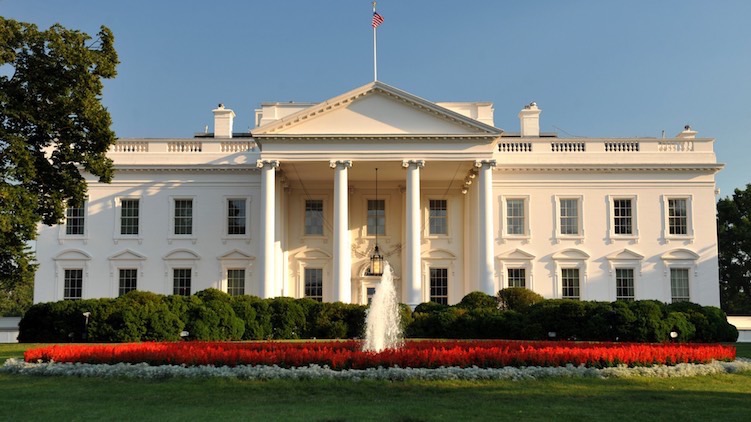White House Takes Aim at Cable, Telco Bills

The smarter way to stay on top of broadcasting and cable industry. Sign up below
You are now subscribed
Your newsletter sign-up was successful
Even as congressional cable bill line item critics were targeting retrans and sports net fees, the outgoing administration was taking aim at some cable bill line items as well.
In a report on hidden fees in various sectors—event ticketing, resorts, airlines—the White House's National Economic Council devoted a section to cable and phone fees, their own and third-party fees, that increase the price of service above the advertised price.
"Hence, the subscriber to a $39.99 monthly plan might pay a real price of $46.99 thanks to the addition of an industry-imposed $4 'regulatory cost recovery fee' [the FCC charges cable operators a regulatory fee] and a $3 'administrative fee,' which are all paid to the telephone company, and therefore represent the real price of the service," the report said.
It called the complexity of fees on telecom bills a cause for independent concern.
The report slammed carriers for "sometimes" adding third-party fees without notice to the consumer. "While carriers may argue that the fees are optional in the sense that they can be removed, given that customers do not affirmatively opt-into paying these fees, they are effectively hidden."
The White House suggests that market forces, alone, will not and have not been effective in discouraging hidden fees but gives consumer groups credit for helping moderate them.
It suggests mandatory fee caps or mandates of reasonable fees but sees issues with both—caps can become the de facto price or end up preserving a fee that could have gone away and "reasonable pricing" mandates require the government to decide what is reasonable.
The smarter way to stay on top of broadcasting and cable industry. Sign up below
Other suggestions are mandating "all-in" pricing where all fees, mandatory or not, have to be included in the advertised price, no matter who is doing the advertising. The council said that approach seemed preferable.
The council report also said the Federal Trade Commission and states with consumer protection laws could go after hidden fees as a deceptive trade practice.
But it also said more study was warranted: "Further economic research is needed to determine the broader, systemic impact of fees-driven pricing on consumers and the competitive process, as the effect of the rise of fees on the economy is far from fully understood. In particular, the extent to which fees tend to dampen competition or promote tacit coordination is unclear."
The Consumer Federation of America was looking for action.
“After an election campaign in which middle class, consumer pocketbook issues and abuse of corporate power played a big part,” said CFA director of research Dr. Mark Cooper, “this is a perfect time for the new Administration to start requiring all businesses to include mandatory fees in advertised prices. The undisputed elements of free market competition are comparison shopping and knowing the true cost of goods and services before buyers plunk down their hard earned dollars.”
CFA presented its own report to the Senate Judiciary Committee recently detailing what it said was overcharging by telecoms and cable operators.
(Photo via Wikimedia. Image taken on Jan. 6, 2017 and used per Creative Commons 2.0 license. The photo was cropped to fit 9x16 aspect ratio.)
Contributing editor John Eggerton has been an editor and/or writer on media regulation, legislation and policy for over four decades, including covering the FCC, FTC, Congress, the major media trade associations, and the federal courts. In addition to Multichannel News and Broadcasting + Cable, his work has appeared in Radio World, TV Technology, TV Fax, This Week in Consumer Electronics, Variety and the Encyclopedia Britannica.

